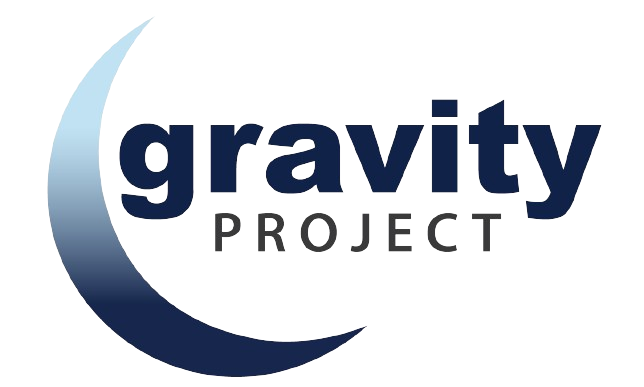Open Referral is dedicated to improving the flow of information about the services available to people in need – to ensure that this information is easy to share, find, and use in any number of ways that might help people access and/or improve our “safety net.”
Often people ask how we enable care providers to actually refer their clients to another service. The answer is, well, Open Referral doesn’t actually deal with the process of “making a referral” at all!
We’re working to ensure that there’s open access to information about the services to which someone might be referred.
But when it comes to actually “making a referral” by sending a person’s information from one provider’s system to another: that’s a whole other tangle of knots. I’ve long hoped that someone somewhere would work on those problems, while believing it should remain outside Open Referral’s scope.
So I’m excited to see that this work is now under way.
The Gravity Project is like kin to the Open Referral Initiative: Gravity is a community of practice that is developing and testing consensus-based open standards to facilitate capture and exchange of data pertaining to people and their social circumstances across a variety of healthcare and social service systems.
Formed as a project of the Social Interventions Research and Evaluation Network (SIREN) at the University of California San Francisco, and supported by the Robert Wood Johnson Foundation and the US Department of Health and Human Services’ Office of the National Coordinator of Health Information Technology, the Gravity Project is developing standardized terminology to describe types of social needs, goals, and interventions, and protocols for various referral processes, so that different organizations using different software systems can share and analyze information about clients and care coordination.
Over the past two years, I’ve represented the Open Referral Initiative on the Gravity Project’s community calls, advising on the prospect of alignment with our standardized protocols for resource directory information exchange. Last year, I joined Gravity’s Technical Advisory Committee, where I helped facilitate the drafting of the project’s Principles of Data Exchange for Equitable Health and Social Care.
Now, I’m pleased to announce that I’ve joined the Gravity Project’s core team as their Strategic Advisor on Community Resources and Engagement.
In the coming year, I’ll help the Gravity Project on a range of objectives – including alignment of Open Referral’s Human Service Data Specifications and API protocols with Fast Healthcare Interoperability Resources (FHIR), a set of standards for API-enabled healthcare data exchange that are a part of the HL7 framework. FHIR already has protocols for sharing information about healthcare providers, and we’ll facilitate alignment of these protocols with the HSDS data model for information about social service providers.

Through this alignment, community resource directory information systems can become interoperable with FHIR-enabled electronic health information systems – so that, for instance, healthcare providers might search for and log interactions with social services in their electronic medical record systems, and likewise so that FHIR-based healthcare provider directories could, in turn, be shared with HSDS-compliant social care referral systems.
Relatedly, I’ll also help Gravity develop and implement a community engagement strategy among human service and social service providers to assess the challenges of interoperability for sharing client information among different systems – and to co-design, test, and evaluate potential interoperability solutions for cross-platform client data exchange. We’ll seek opportunities to test, evaluate, and iterate Gravity’s proposed terminology and protocols through the use of FHIR APIs and compatible methods of data exchange through real-world field implementations.
Though this stream of work remains separate from Open Referral, I’ll encourage members of the Open Referral community – especially those working to enable exchange of client information among health and human service providers – to participate, so that your insights and experiences can inform this national conversation.
For the foreseeable future, the scope of the Open Referral Initiative will remain the same: directly focused on information about services available to people in need. That said, I welcome dialogue within our community – and with emerging communities in related fields – as to how these initiatives to standardize the health, human, and social service sectors can best align with and support each other. If you have any questions or suggestions, please reach out!


Leave a Reply